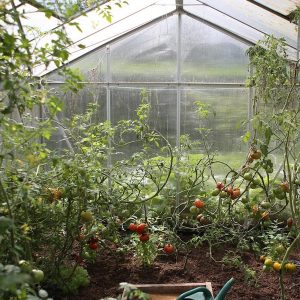Having an immediate insight into people, sensing exactly what you should do in a situation: intuition is an intangible thing. Journalist Mariska Jansen finds out how it works and how you can develop it further.
Intuition is knowing something subconsciously, sensing something without having given it any thought. It’s a compass for making decisions in your personal life. For example, deciding whether someone is trustworthy. It plays a role in picking the people you want to spend time with—people who then become your friends, or the one you fall in love with.
It can also influence less impactful choices: that sudden craving for orange juice, the desire to go out for a walk or, just the opposite, to stay indoors. Urges and intuition are automatic processes that have nothing to do with conscious logic. They play an important role in our lives, but are usually not valued properly because of the lack of rational argument.
In the western world, we prize rational motives, not intuition, according to German psychologist Gerd Gigerenzer in his book Gut Feelings: Short Cuts to Better Decision Making. When making decisions, you are supposed to think a lot, analyze the situation and weigh the pros and cons. But, according to Gigerenzer, it would be ‘more realistic to ask how people can avoid making decisions all the time as no mind or machine should try to make all decisions by itself, given the limited information and time at its disposal’.
The Schooldays of Jesus, a book by the South African Nobel Prize winner J.M. Coetzee, is all about the clash between these two extremes: emotion and rationality. The main character, a six-year-old schoolboy named Davíd, goes to a special primary school—actually more like a dance academy—with a spiritual curriculum. Instead of learning to read and write, he is taught to ‘dance the numbers’. He is completely happy here, but his rationally minded foster father Simón can barely hide his disgust for this intuitive form of education.
‘The numbers, two and three and so forth—I have been struggling to understand your system. I listened carefully to the lecture that señora Arroyo gave, I question Davíd, but I confess I still have difficulty,” he complains to the director of the academy. Simón finds it more useful to develop the rational mind than the intuitive senses. A view that is the norm in our contemporary society.
- More about your intuition can be found in Issue 22.
Text Mariska Jansen Photography Teymur Gahramanov/Unsplash.com














